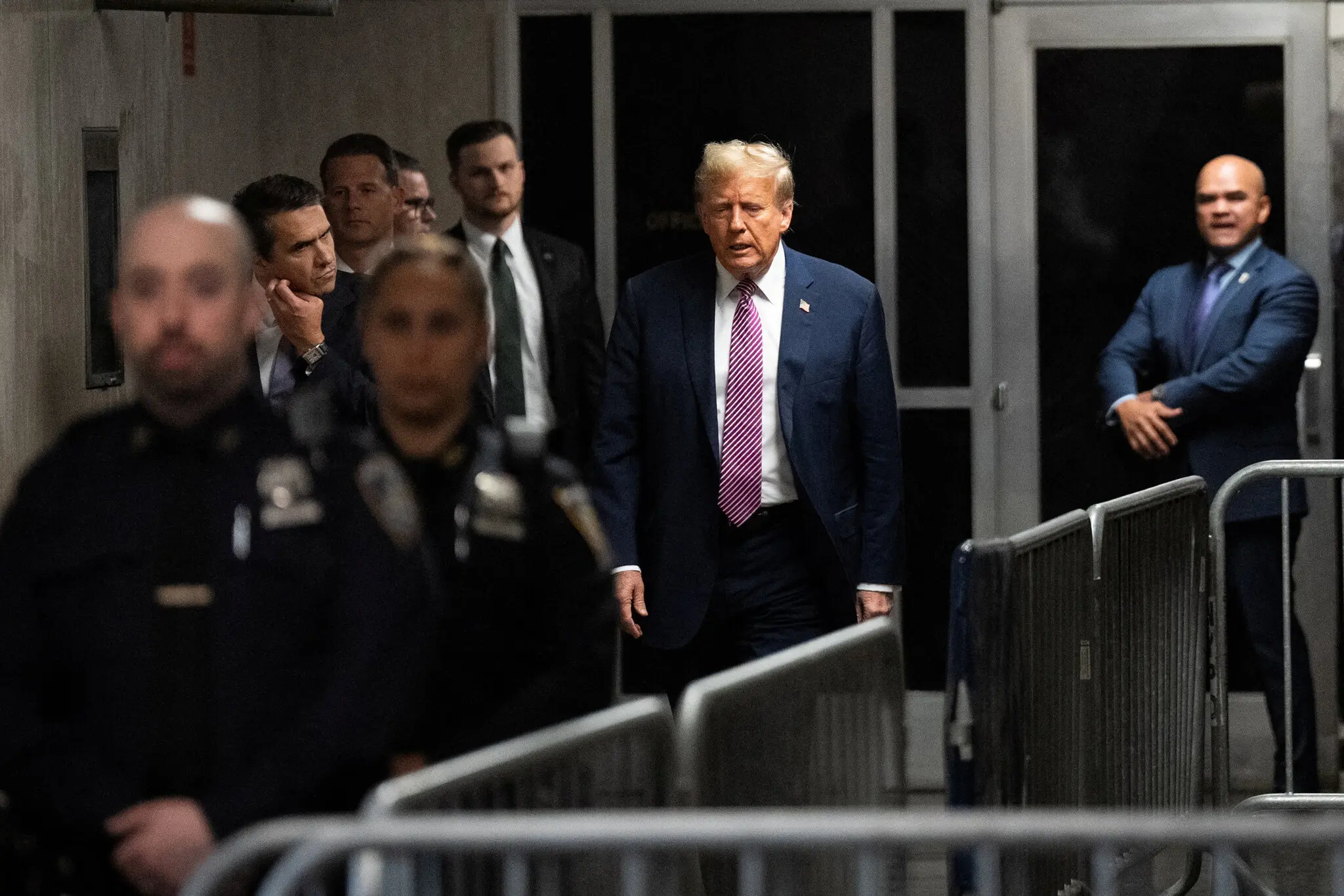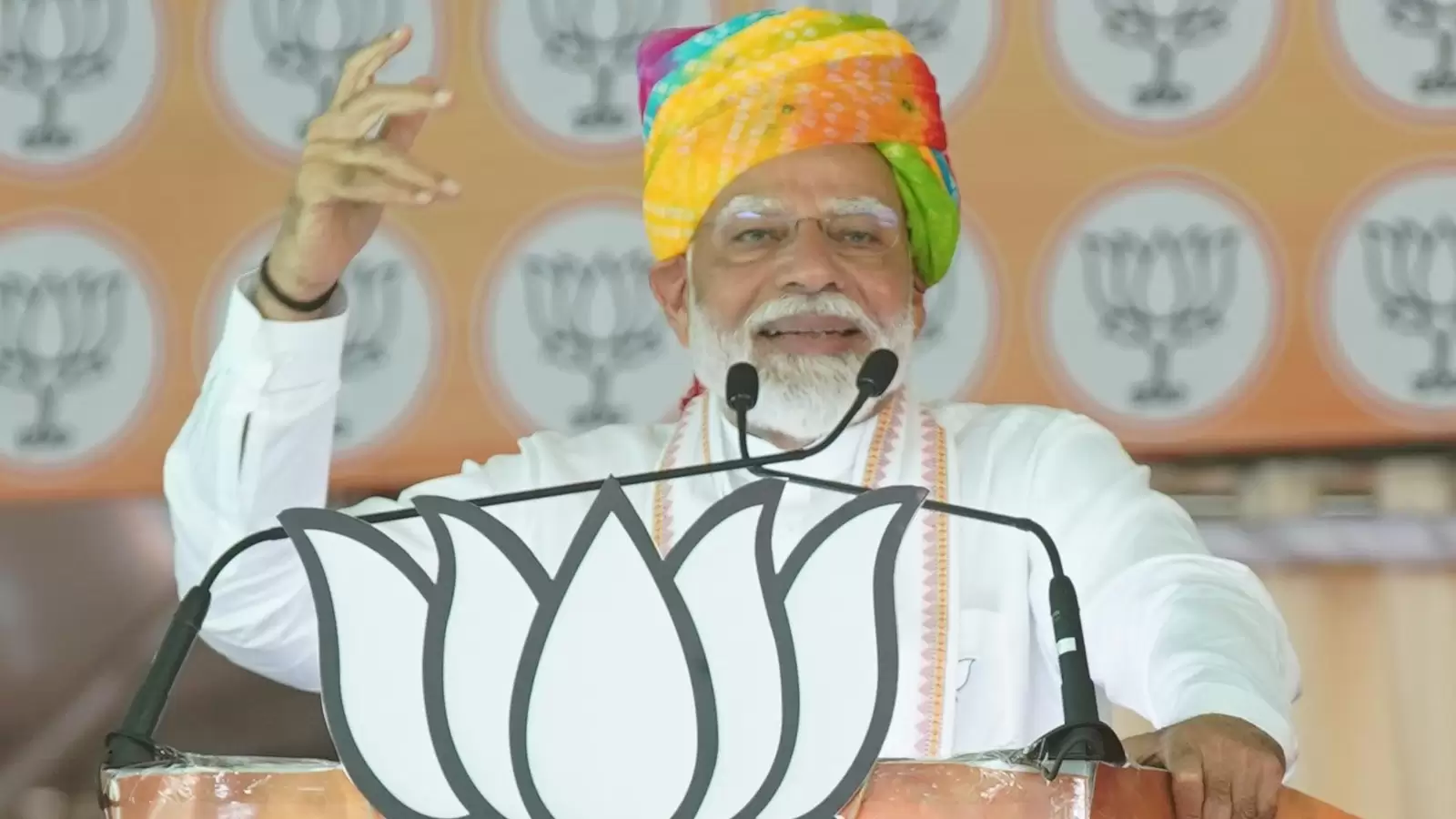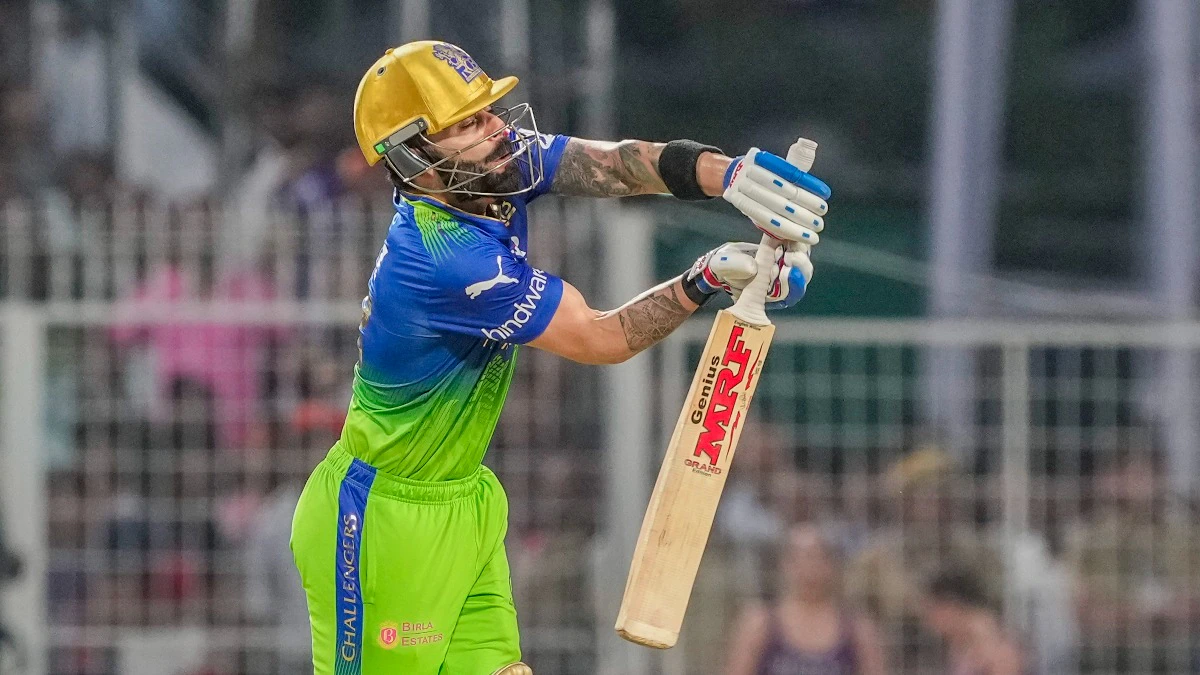Trump's Trial Struggle: Losing Grip on Power
Share- Nishadil
- April 22, 2024
- 0 Comments
- 3 minutes read
- 633 Views

Trump's Trial Struggle: Losing Grip on Power
Donald Trump, accustomed to control, finds himself engulfed by the routine of the courtroom, a stark departure from his usual aura of dominance.
“Sir, can you please have a seat?”
Donald J. Trump rose from his chair, ready to exit the Manhattan criminal courtroom as Justice Juan M. Merchan concluded a discussion on scheduling last Tuesday.
However, court protocol demanded Trump's presence until the judge adjourned. The former president, accustomed to setting his own agenda, complied silently when Justice Merchan instructed him to sit back down.
This moment epitomized a harsh reality for the presumptive Republican presidential nominee. Over the next six weeks, a man synonymous with control, who meticulously crafts environments to suit his desires, finds himself stripped of authority.
The setting of the former president's daily court appearances, as he defends himself in the People v. Donald J. Trump at 100 Centre Street, stands in stark contrast to his preferences. The courtroom's outdated ambiance, reminiscent of New York City's gritty past, symbolizes his lack of control. At the heart of the case lies a deeply personal accusation: the alleged falsification of business records to conceal payments to a porn star during the 2016 election.
Of the multiple criminal cases he faces, this one strikes closest to home. Privately, those close to him express disbelief that he must endure this trial.
When questioned about Trump's aversion to the proceedings, campaign spokeswoman Karoline Leavitt highlighted his defiance and labeled the case "political lawfare."
Sitting in a chilly courtroom, where even his lead lawyer raised concerns about the temperature, Trump's discomfort is evident. He wraps his arms around himself, commenting on the cold to his aide.
During jury selection, Trump, eager to maintain his image of strength, adjusts his appearance for the photographers. However, by the end of the week, fatigue sets in, leaving him worn-out and disheveled.
In the courtroom's mundane atmosphere, Trump struggles to maintain his usual prominence. He flicks through documents, whispers to his lawyer, and, at times, appears to doze off, exposing a vulnerability he typically shields from public view.
The trial's routine, coupled with its lack of excitement, is a stark departure from Trump's accustomed lifestyle. From his youth to his tenure in the Oval Office, he avoided such formalism.
The courtroom's mundanity overwhelms Trump, whose persona exudes grandeur, a persona he rode from television studios to the highest office in the land.
As the first panel of prospective jurors fills the room, Trump blends into the crowd, a stark contrast to his usual prominence. The judge prioritizes the jurors' time, even at Trump's expense.
Communication aides sit at a distance, unable to provide the morale boost Trump typically receives. He grapples with insults without recourse to social media, a novel experience for the former president.
Over the coming weeks, Trump will endure further scrutiny, facing uncomfortable questions about his personal life in open court. As proceedings unfold, advisers fear the toll prolonged boredom may take on him.
Trump's planned defiance during the trial, presenting himself as a candidate despite the legal battle, faltered. His only political engagement was a visit to an Upper Manhattan bodega, a far cry from the grandeur expected of a presumptive presidential nominee.
While some anticipate a hung jury or mistrial, many in Trump's inner circle brace for a conviction. They view the trial's outcome as potentially damaging, regardless of the verdict, believing the process itself serves as punishment.
Disclaimer: This article was generated in part using artificial intelligence and may contain errors or omissions. The content is provided for informational purposes only and does not constitute professional advice. We makes no representations or warranties regarding its accuracy, completeness, or reliability. Readers are advised to verify the information independently before relying on







